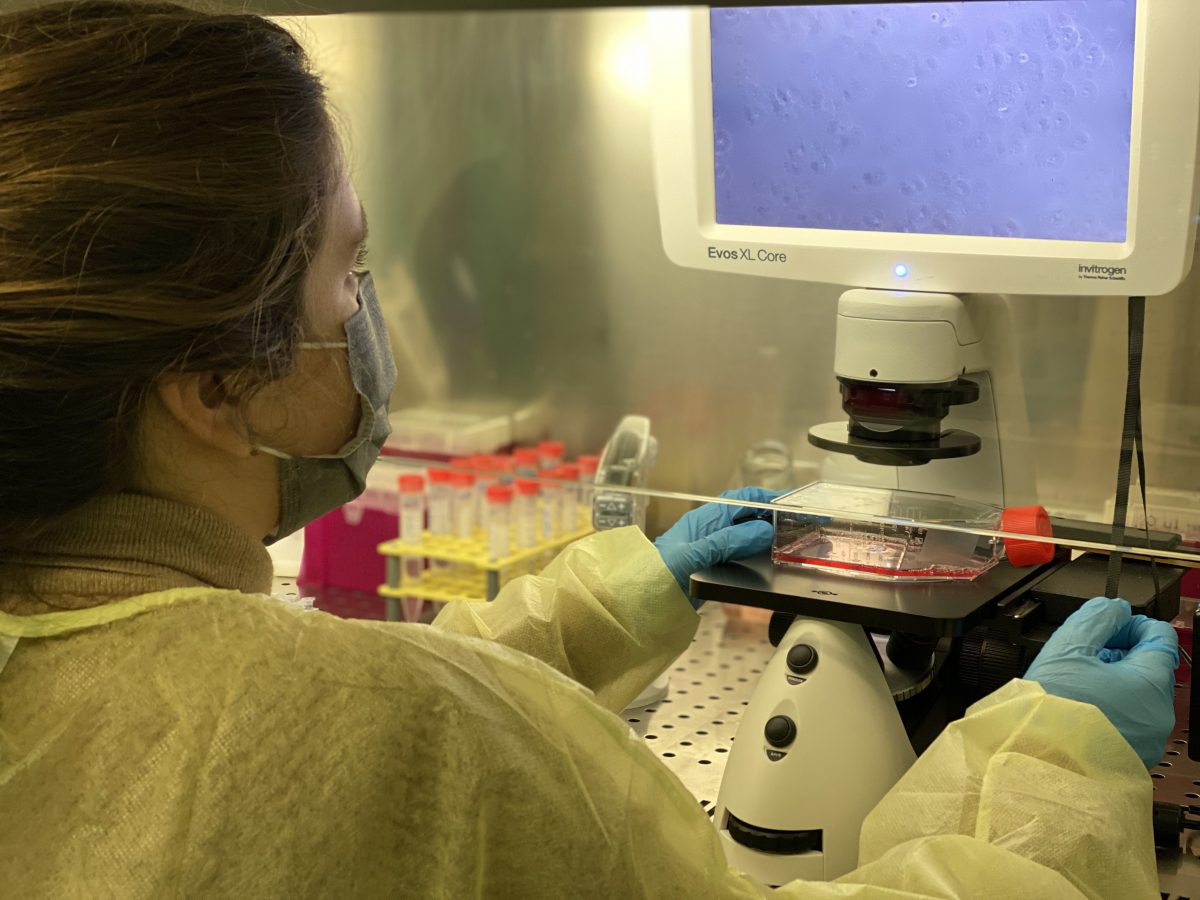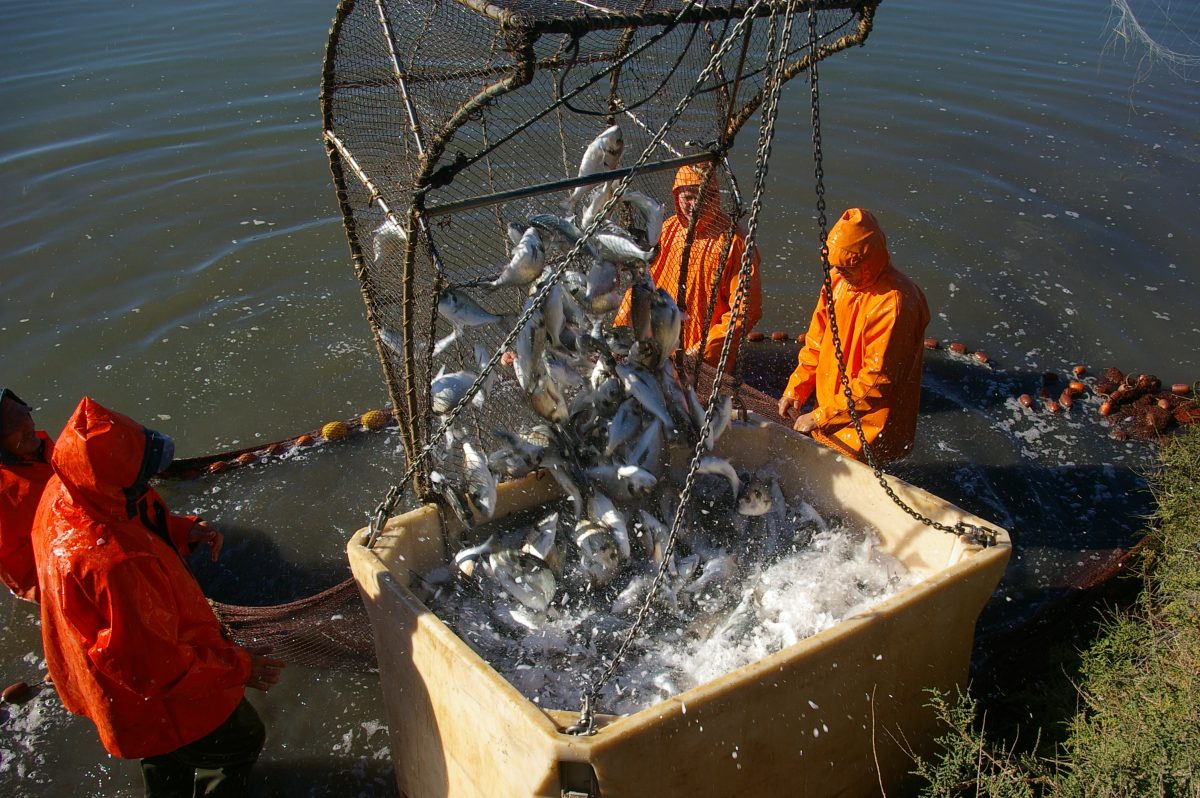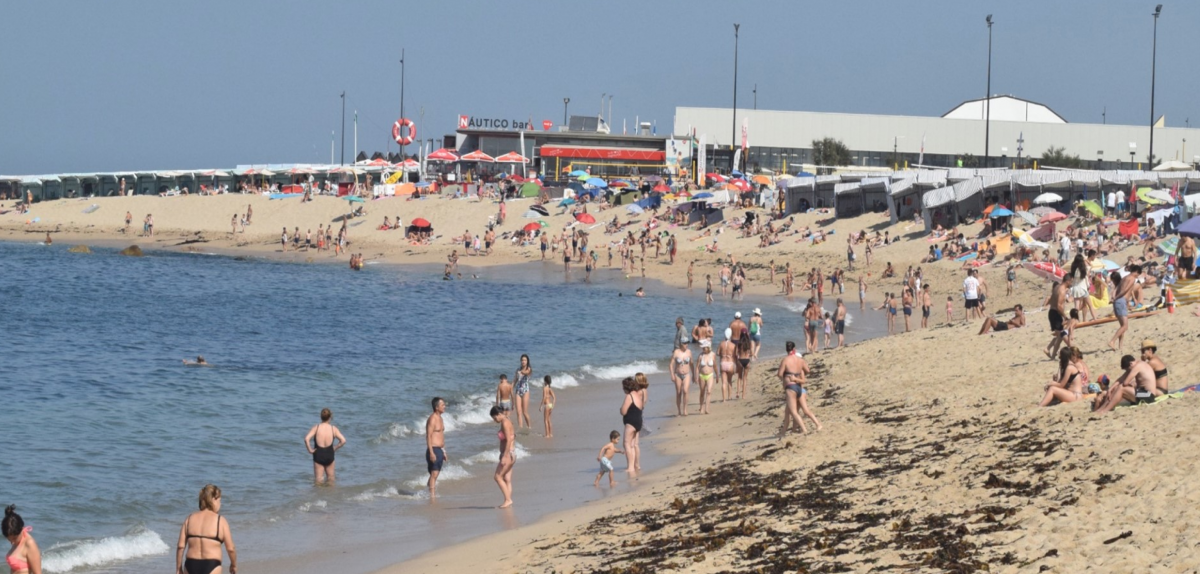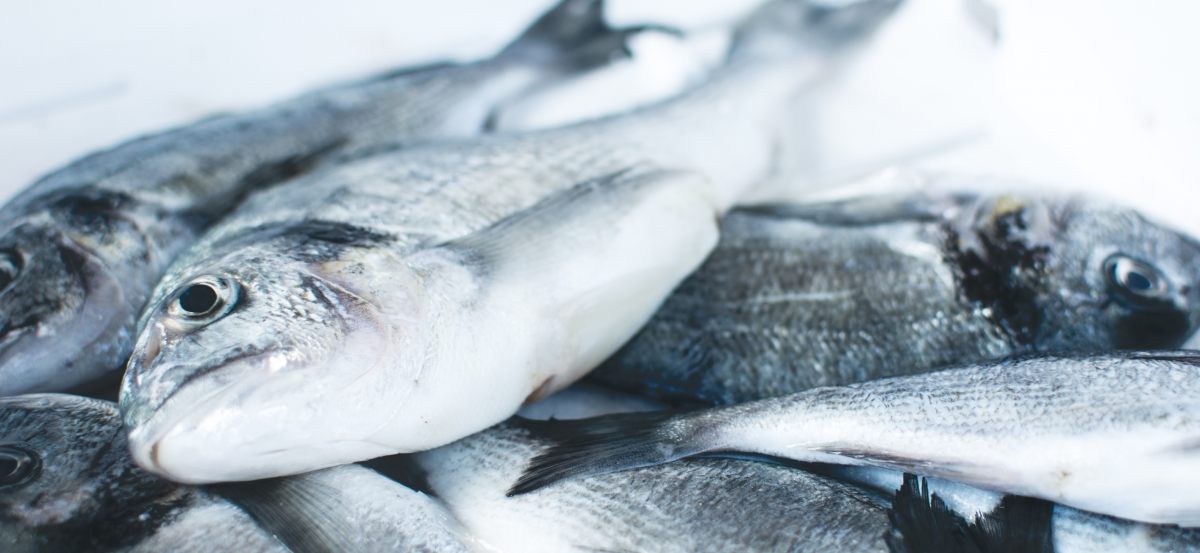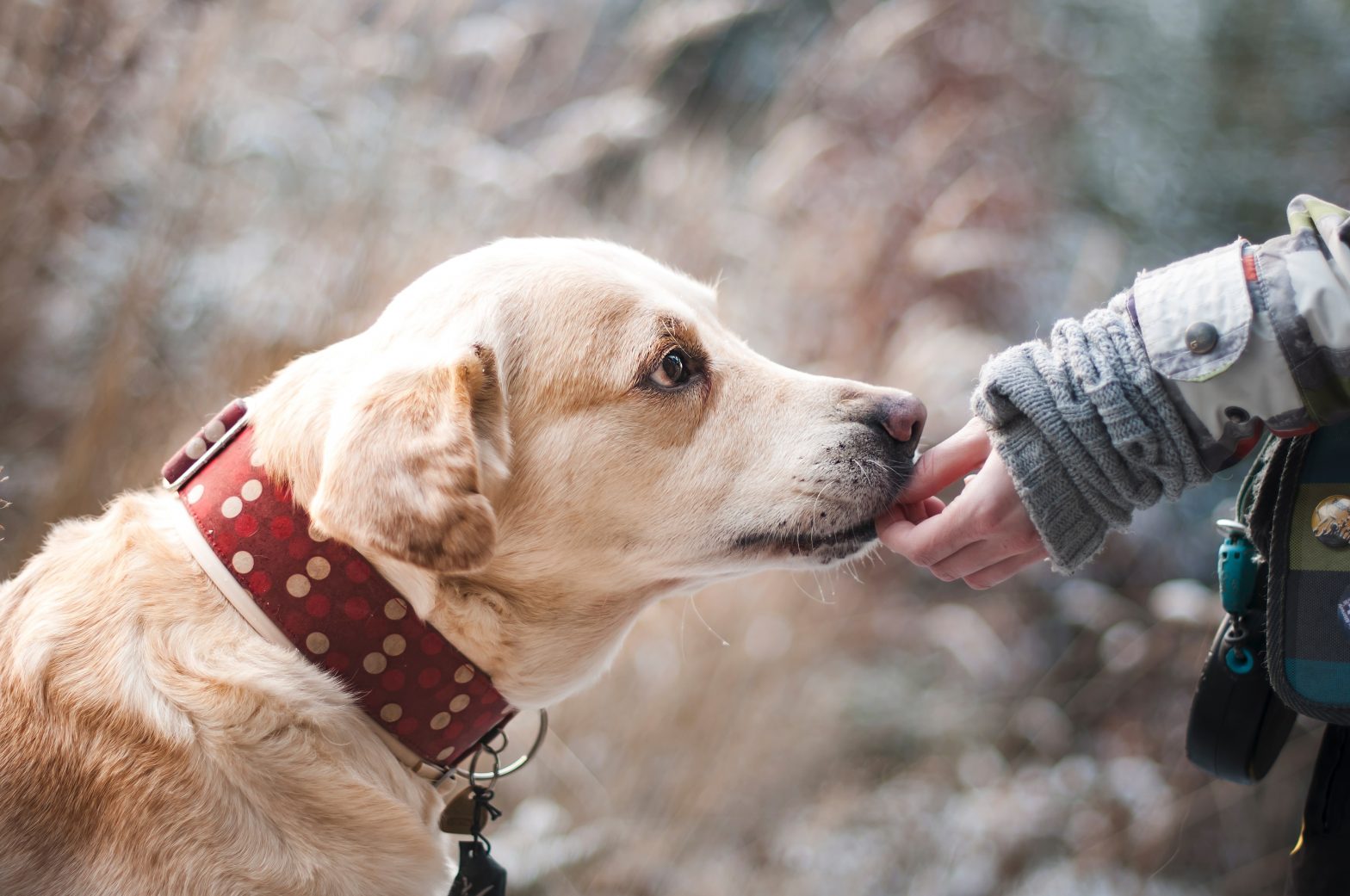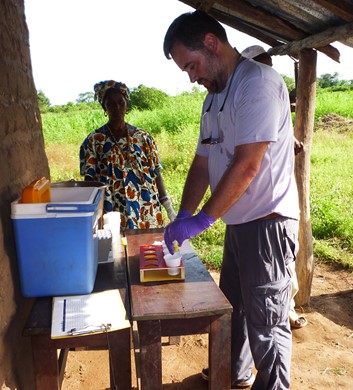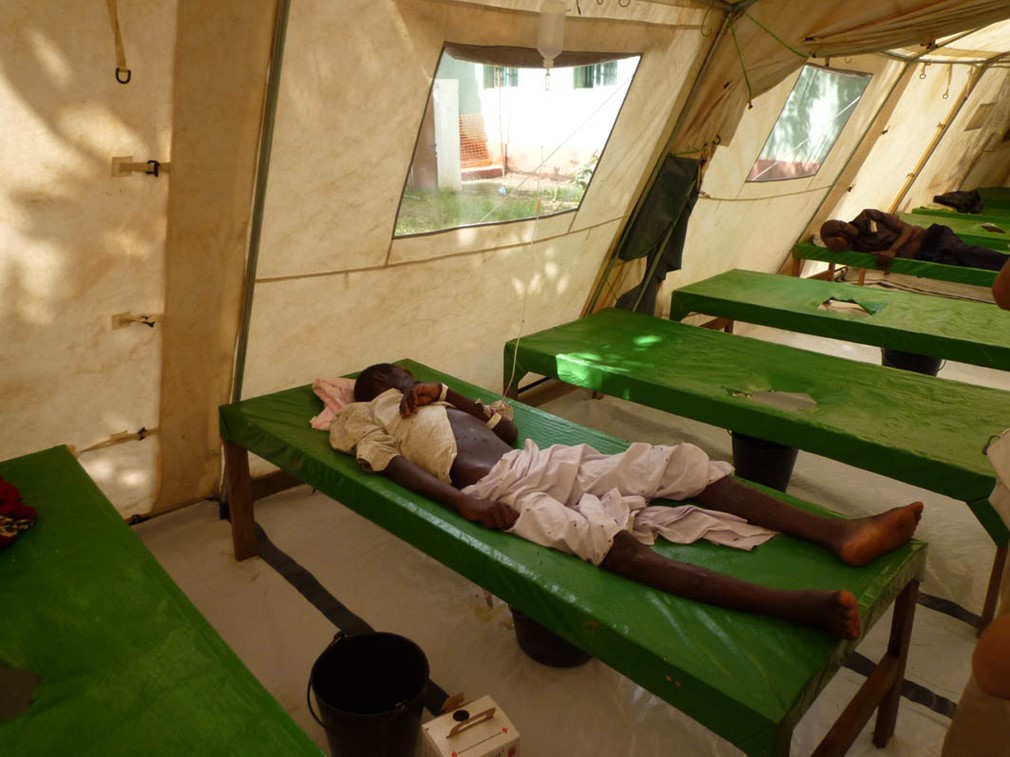The Department of Behavioral Sciences at ICBAS includes a research team dedicated to the production of scientific knowledge in the fields of Anthrozoology (the study of human-animal interactions) and Environmental Psychology (the study of people-environmental transactions). Special attention is given to the therapeutic potential of companion animals (dogs in particular) and to the benefits of Animal-Assisted Interventions implemented in various health and educational settings, and directed at different populations. Increasing attention is also being devoted by this research team to the health promoting effects associated with contact with natural and biophilic environments.
Clearly guided by a Health Promotion perspective, this team assumes the ultimate goal of translating scientific knowledge to society at large in order to i) support people in managing and improving their well-being through contact with animals and natural environments, ii) support the integration of animals and natural environments in health services, and iii) promote the conservation of Nature as a source of health and well-being.
To know more:
– Association between anxiety levels of owners and their dogs: moderation and mediation effects
– Contact with nature reduces levels of mental rumination: the mediating role of wonder and humor
Contact: Karine Silva, PhD (cssilva@icbas.up.pt)




